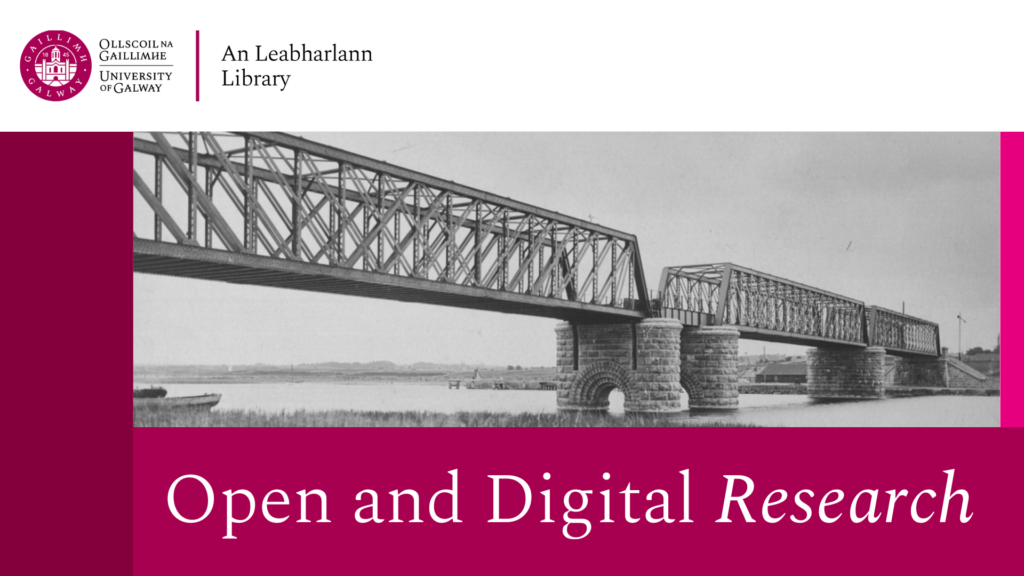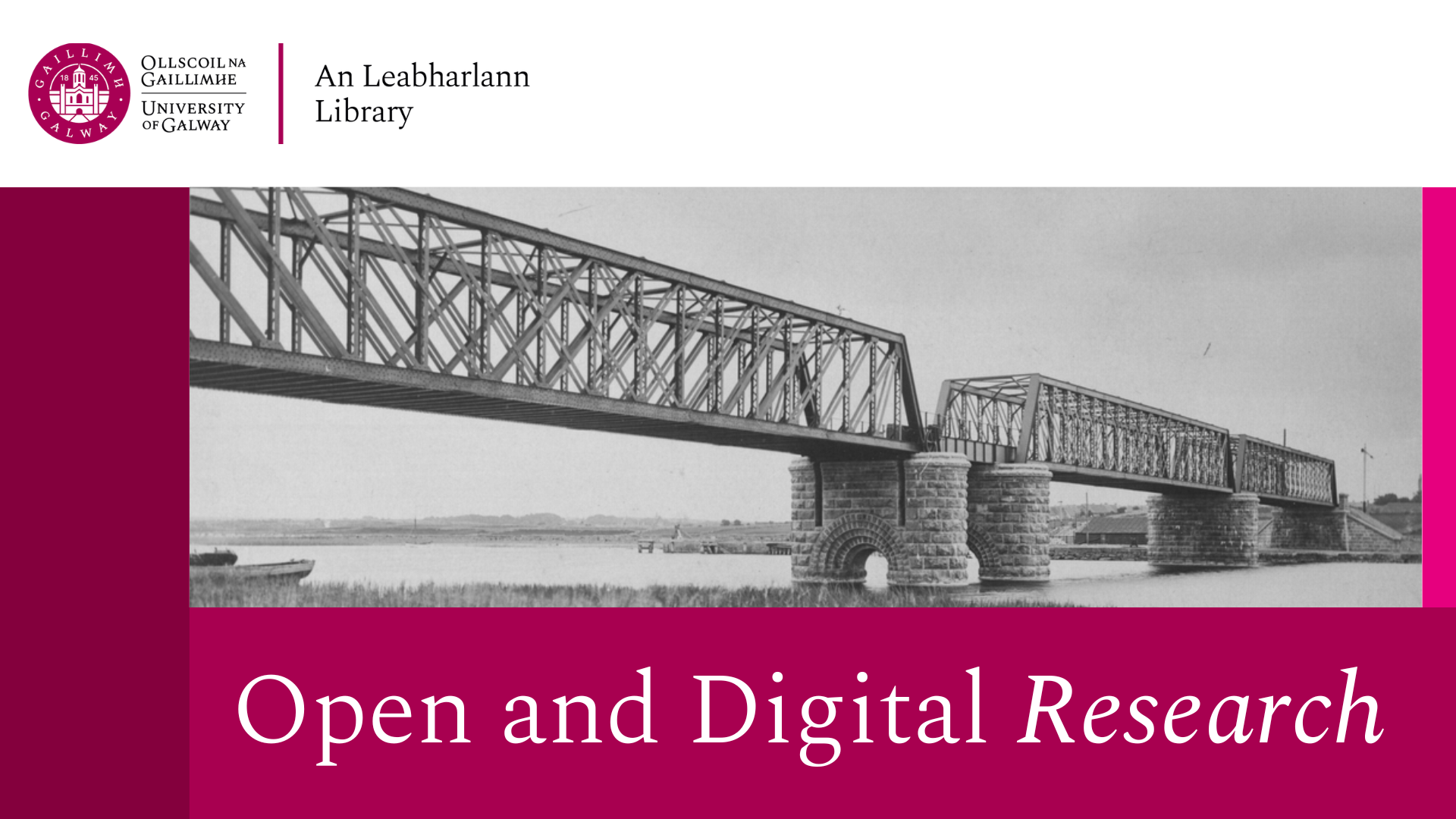Thank you to everyone who came to our re-launch meeting on 25 Nov. The energy in the room was brilliant, and we have some solid areas to pursue this year. It’s time to get together and make things happen!

Meeting details:
Date: 28 Jan. (Tuesday)
Time: 11am-noon
Location: Cairnes Biz Hub, CA239d
Register for the next OSCG meeting.
Here are some other events around Ireland that you might be interested in over the next month:
· 21 Jan. (Tuesday): ReproducibiliTea Galway journal club (in person): After a unanimous vote, we’ll be discussing “Nobel and novice: Author prominence affects peer review” (Huber et al., 2022). Register for ReproducibiliTea Galway.
· 23 Jan. (Thursday): One Year with the Irish Open Access Monitor – Data Quality & Text Mining. The Irish National Open Access Monitor is a NORF-funded project to develop a comprehensive view of open access activity in Ireland. This webinar will be a presentation by IReL/OpenAIRE on on data quality practices in the Monitor, recent updates, and the role of AI and text mining in enhancing Monitor insights. Register for the Irish Open Access Monitor webinar.
· 5 Feb. (Wednesday): Open Access Policy Framework: Driving Accessibility in Humanities Research – presentation by the SCOIR (Secondary rights, Copyright, Open access, Institutional policies, and Rights retention) team focusing on its institutional Open Access Policy Framework and its implications for humanities scholarship. SCOIR is a NORF-funded project to unharness the power of open research. This session will explore the framework’s principles, goals, and strategies to enhance the accessibility and dissemination of research outputs in the field of humanities. Whether you’re a researcher, educator, or policymaker, this event provides an opportunity to engage in critical discussions about how open access policies can shape the future of academic publishing and ensure equitable access to knowledge. Your insights and feedback will help refine the Policy framework. Register for the SCOIR webinar.
· 12 Feb. (Wednesday): The potential of research assessment reforms to support the pursuit of societal impacts – presentation by Dr. Lizzie Gadd, Head of Research Culture & Assessment at Loughborough University. Dr. Gadd chairs the International Network Of Research Management Societies (INORMS) Research Evaluation Group and is a Vice Chair of the Coalition on Advancing Research Assessment (CoARA). Dr. Gadd’s presentation will explore some of the issues raised in Prof. Dónal Leech’s presentation at the Open Research Forum in December. This webinar is hosted by the University of Galway Research Office. Register for the Research Impact webinar.
If you have any questions, contact Dr. Jen Smith, Open Research Librarian, University of Galway.










